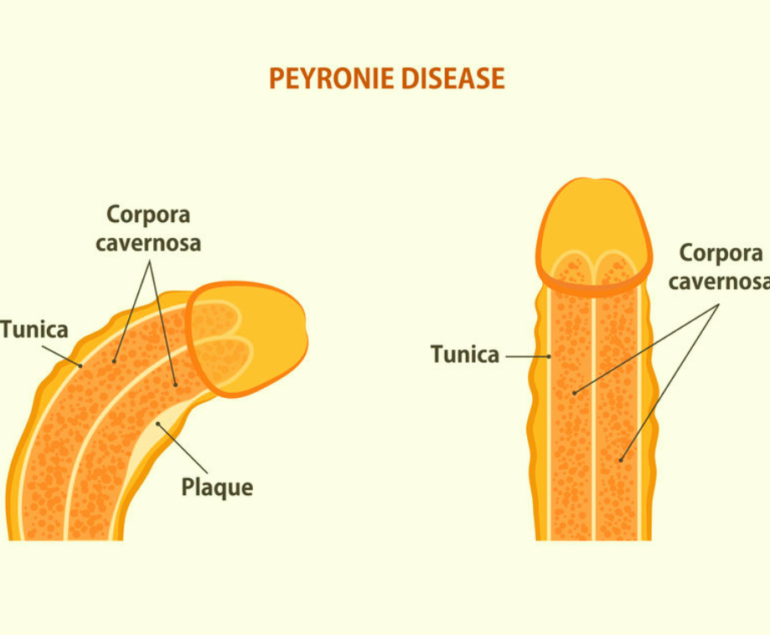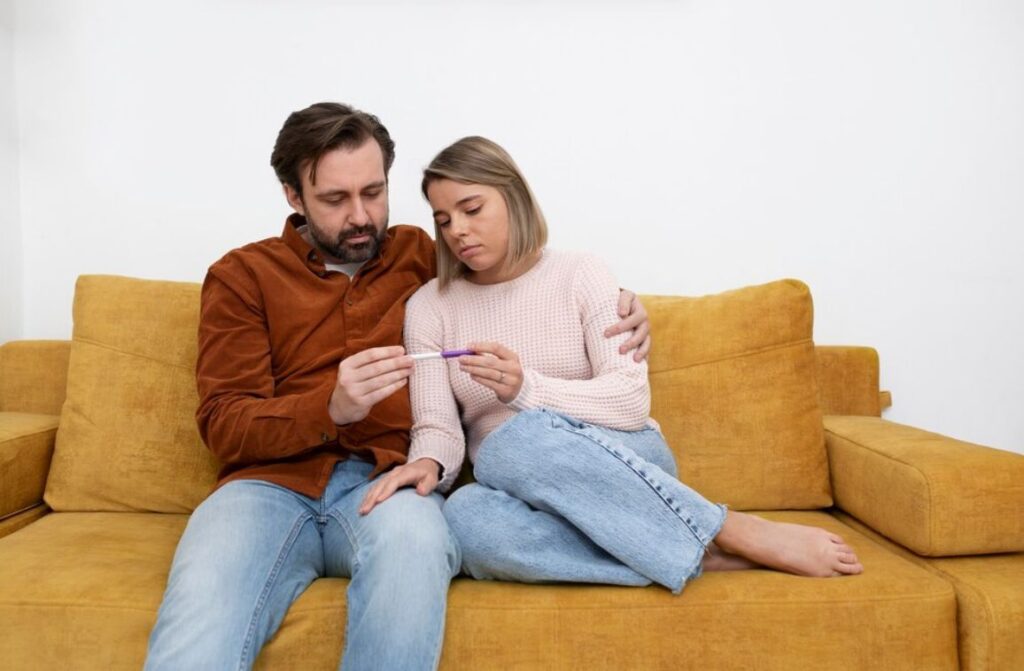Varicoceles without surgery is preferred as fewer risks are involved, and several patients opt for it. Varicocele treatment without surgery is done professionally and results are positive.
A varicocele happens to be an abnormal enlargement of the pampiniform venous plexus in one’s scrotum. This plexus of veins does drain blood from the testicles back to the person’s heart. The vessels originate in one’s abdomen and course down via the inguinal canal as part of the spermatic cord on their respective way to the testis.
Varicocele surgery is usually considered safe in men as well as boys, offering high levels of pain relief with relatively few side effects.
Varicoceles do affect roughly 15 percent of males and are also traditionally treated making use of open surgery, microsurgery, or laparoscopic surgery. Via surgery which is the most common way to treat varicoceles, this method comes with several risks as well as potential complications based on the need for general anesthesia and its highly invasive nature. Treating varicoceles without surgery does offer a long list of benefits that can indeed improve one’s recovery and also overall well-being.
Why choose a non-surgical treatment over traditional surgery?
1. Faster Recovery Time
Recovery from varicocele surgery does usually take between two and three weeks, and can indeed steal valuable time away from important responsibilities like work, school, family, and one’s exercise routine. Treating varicoceles without surgery, and by making use of a method such as embolization, significantly does reduce the amount of time spent recovering. Varicocele embolization recovery time usually only tends to last for one to two days, and thus the patient can resume normal life as quickly as possible. In other words, varicoceles without surgery is a good way out for early recovery.
2. No Need for General Anesthesia
Most types of varicocele surgery do require a person to undergo general anesthesia that does affect the whole body and also induces a loss of consciousness, linked to a larger number of complications, including nausea, vomiting, sore throat, as well as delayed return to normal mental functioning. (iii) Treating varicoceles without the aid of surgery does allow for local anesthesia, which is rather proven safer and also does offer fewer risks. Local anesthesia does allow a person to maintain consciousness during the procedure, it is better to avoid feelings of mental cloudiness as well as sedation, and also recover more quickly. Moderate sedation is indeed also available for those who do not prefer to remain completely conscious of the procedure.
3. No Hospitalization Required
Varicocele surgery normally does require a person to stay in the hospital overnight so nurses as well as doctors can monitor one’s vital signs and also assess for the risk of potential complications. Non-surgical treatments such as varicocele embolization, on the other hand, are often performed in an outpatient setting so a person can go home the same day, and thus recovery can be at home in a familiar and comfortable environ.
4. No Incisions
During varicocele surgery, the doctor makes one or two incisions in one’s lower abdomen to identify, access, and also repair the dysfunctional veins. These incisions do result in scarring. For up to about six weeks following the surgery, the person will be expected to carefully monitor as well as clean one’s incisions to reduce the risk of infection. Treating varicoceles non-surgically by embolization does require a small puncture site, thus allowing the person to benefit from minimal to no scarring and a lower infection risk Varicocele treatment without surgery is worth trying out.
5. Less Downtime for Physical Activity
Abstaining from exercise as well as sexual activity is indeed necessary for recovery from varicocele surgery, as these activities can cause strain and tear in one’s incision, which increases the risk of bleeding as well as infection. Most varicocele surgeons will indeed advise a person to put off exercise for up to two weeks following surgery and to refrain from having sex for about a month. But non-surgical treatments, such as embolization, do allow resuming exercises within 7 to 10 days, and sexual activity within one to two weeks.
Conclusion
Varicoceles without surgery are much preferred by several patients as fewer risks are involved. Varicocele embolization is a non-surgical treatment that can help you avoid.









